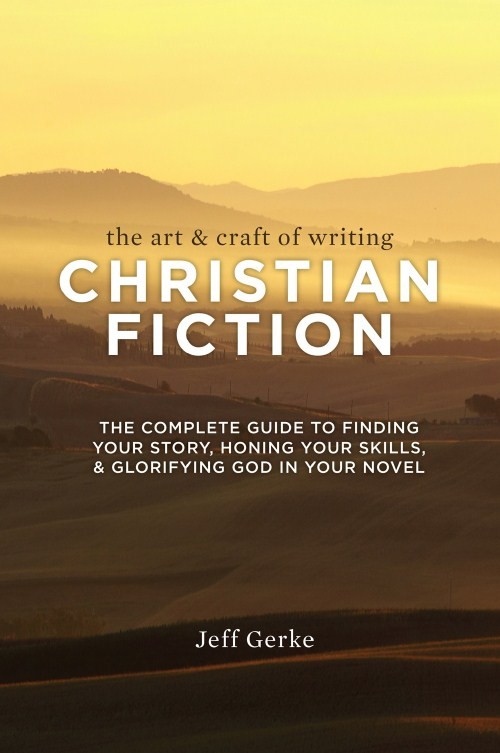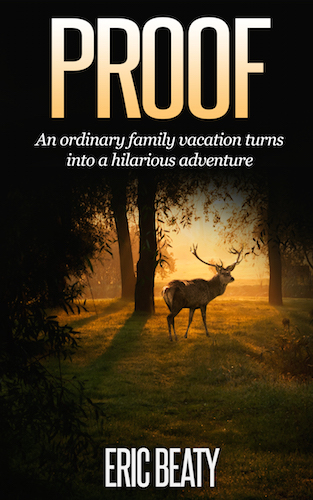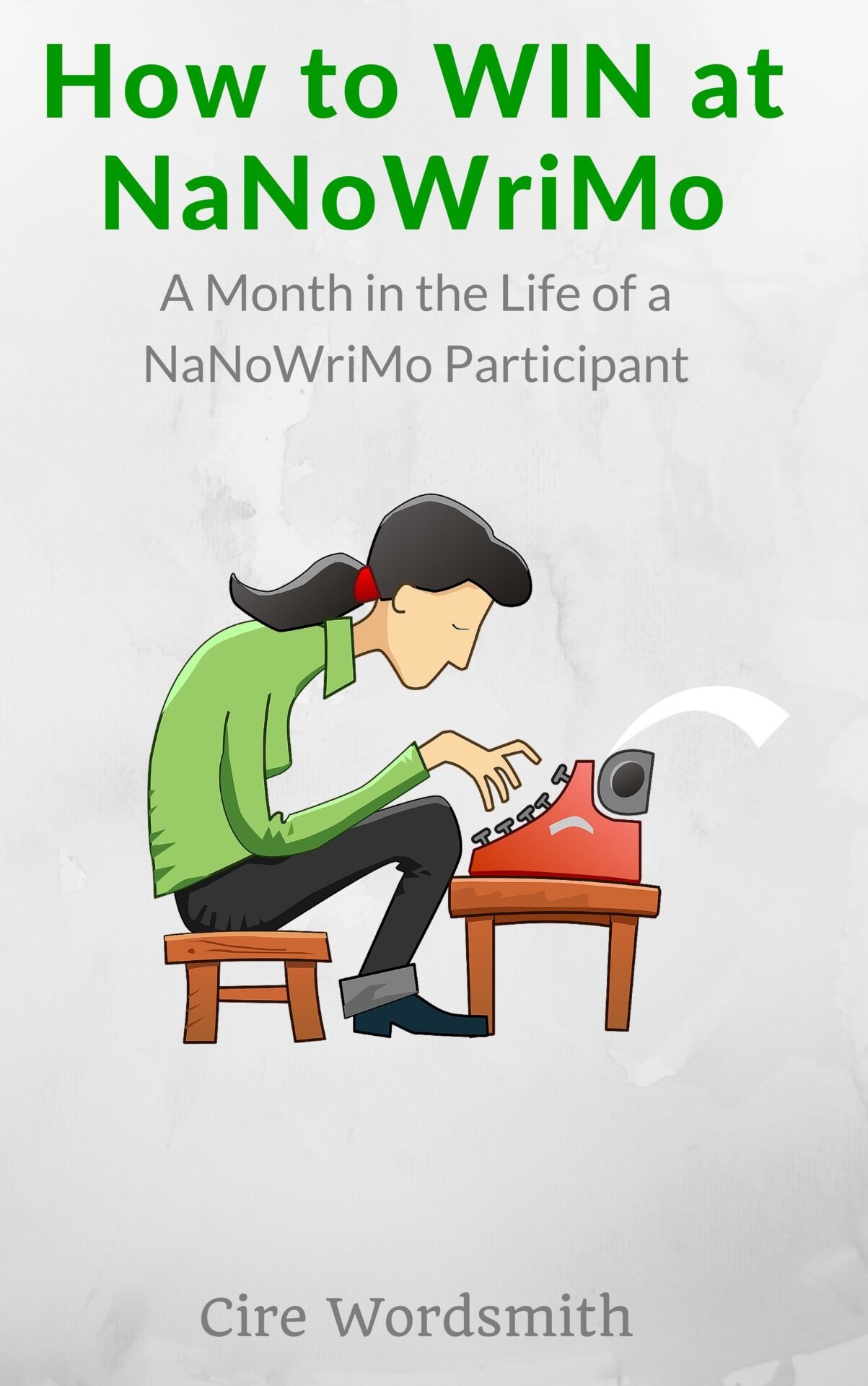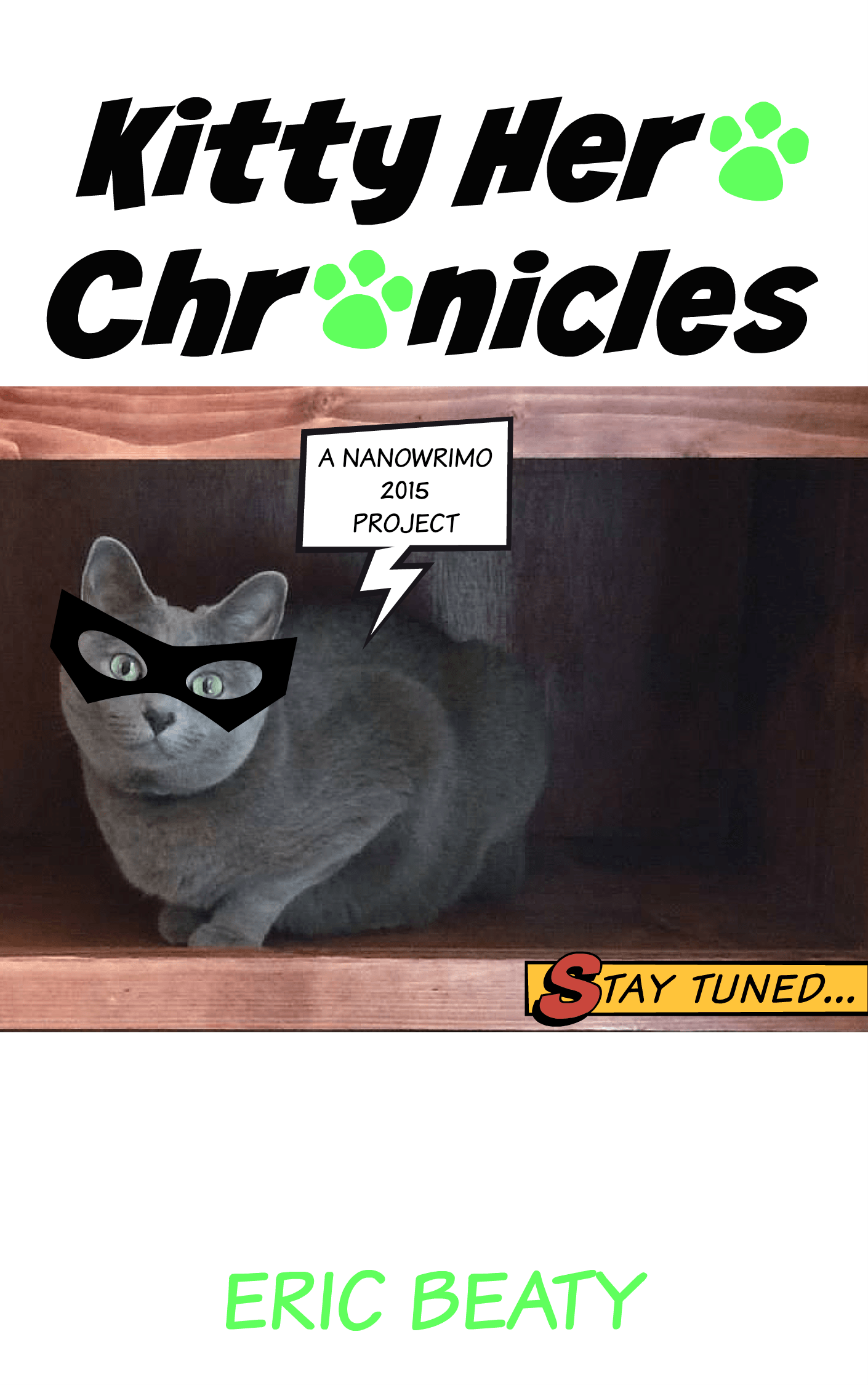I've just finished a book on writing that has immediately went to my "Top Writing Books of All Time" list: The Art & Craft of Writing Christian Fiction by Jeff Gerke. Keep reading for my official review and see where you can pick up this must-have title for all writers—Christian or otherwise.

Jeff Gerke, Author
More...
The Epitome of Christian Fiction Guides

To begin with, The Art & Craft of Writing Christian Fiction is a book I've longed to own for over a year now, but ( I admit) I was too much of a cheapskate to buy it.
It all began when I was browsing a Books-A-Million (BAM) store in Mount Juliet, TN, just up the road a few miles from where I reside (my wife and I were on vacation). I love to browse bookstores, especially BAM, but on this particular day, while perusing the "Language Reference" section, I found this little gem of a book and picked it up.
The best way to describe the feeling I had when I read the introduction was "Where has this book been all my life?" I was immediately engrossed in the writing style of this author, whom I had never heard of before, with the weird last name. Much like another book I've reviewed here on my blog, I found myself glued to its pages, hoping to soak in as much information as possible before having to put it back on the shelf and leave the store for other activities my wife and I had planned.
Before I placed The Art & Craft of Writing Christian Fiction back on the shelf, I noticed in the Introduction that Gerke had mentioned a resource that he had also authored—one which I could read for free as sort of a "try before you buy" type of thing.
Where the Map Ends

The resource Gerke mentioned was his own website, where he hosted nearly 100 tips on the topic of writing, publishing, editing, and the like—all geared toward the Christian fiction writer/market. The website, www.wherethemapends.com, actually sealed my decision not to buy the book until I had first checked out his talents for prose and writing advice on the site.
(Note: To my knowledge, Gerke no longer updates Where the Map Ends, especially since he maintains his own professional website, but there are still plenty of great tools and resources to glean from it.)
Contented in having found this amazing new resource, I placed The Art & Craft of Writing Christian Fiction back on the shelf, and we headed out of the bookstore. That evening, I perused Where the Map Ends until my heart was content—more specifically, the "Fiction Writing Tips" (a.k.a. "Writing Tip of the Week") section from which the book is modeled after.
After reading nearly half of the tips Gerke offered on his site (once again, absolutely free) I knew I had to have this book. I can't tell you why I was such a cheapskate all this time. I added the book to my Amazon Wish List soon after this encounter, and it stayed there collecting "digital dust" until finally—after receiving a generous amount in Amazon gift cards from some of my private guitar students—I decided it was now or never; I would finally order Jeff Gerke's book and see what it was all about.
Learning How to Write Christian Fiction
Fast forward to the more recent time (April 30th to be exact), when I placed my order and waited for the book to arrive. Several days later, I received my shiny new copy of The Art & Craft of Writing Christian Fiction, and proceeded to devour it over the next few weeks. I was anything but disappointed.
Whether you're a Christian or not, the fact remains that Gerke's advice in this book is top-notch for any writer of fiction looking to hone their craft. At the very least, the tips in his book are sure to prove a helpful resource for your fiction, whether or not you write Christian fiction.
For starters, Gerke does state that his book is based off of the previously mentioned "Fiction Writing Tips" from his website Where the Map Ends. But this website was originally launched in 2006, so the tips needed a little TLC. (The book was published in 2014, eight years later!) Especially since publishing had changed so much by then that digital self/indie publishing was—and is—swiftly becoming the norm for most authors who didn't already have the luxury of a major publishing deal.
Hands down, The Art & Craft of Writing Christian Fiction is one of the most pleasurable and easy to understand reads of any writing craft book I've read. Gerke has such a way with words, and he gives great examples to help you understand how to apply each tip to your writing; throughout the book, I found myself saying, "That's exactly what I was thinking; only, I didn't know before how to put it into words."
The book is divided into three parts...
- Part I: The Spiritual Heart of Writing Christian Fiction
- Part II: Strategizing Yourself, Strategizing Your Novel
- Part III: Writing Your Novel

...Character, Showing versus Telling, Point of View, Description, and Dialogue...are what I believe to be the most important areas of craftsmanship for the novelist. Get those things right, my friend, and you will almost certainly become a published author. (The Art & Craft of Writing Christian Fiction, pg. 195, intro to "Focus on the Craft: Dialogue")
Part I (six chapters) deals mainly with what it means to be a writer of Christian fiction: How to write for an audience of one, examine your desire to be published, understand your calling as a novelist, and more. It serves as a self check-up to give you perspective on where your spiritual focus lies as a writer.
Part II (fifteen chapters) delves further into the actual craft of writing Christian fiction by giving you strategies for how to find your story and how to know the difference between writing what you want to write versus writing for the market. Gerke even goes into further detail in the first "Focus on the Craft" section entitled "Character Development."
Part III (thirty-three chapters) is the largest of the three units and begins expounding on the actual writing of your novel via additional "Focus on the Craft" sections, which reveal the four remaining aspects that writers—according to Gerke—must master in order to write great Christian fiction: Showing vs. Telling, Point of View, Description, and Dialogue.
Discover the tips @JeffGerke recommends as the essential areas of craftsmanship for the #novelist!
Near the end of the book, Gerke goes even further, revealing his ideas on getting published, bringing your story full-circle, and seeking out literary agents. Two of the most invaluable features here are his lists of publishing options and the publishing path he urges you, the writer, to take (pg. 230-231), as well as a publishing hierarchy that he recommends you follow (pg. 239).
By the time you finish reading The Art & Craft of Writing Christian Fiction, you'll have a much better understanding of how to make your novel or story the best it can be before sending it off to a publisher (or publishing it yourself). I plan on referencing this book often, using it as a handy reference guide, when writing and editing my own works of fiction.
You may have noticed the amount of chapters (fifty-four in all, not including a foreward by the one and only Jerry B. Jenkins, a Preface, an Introduction, and a Conclusion) I listed after each section above. Don't let this intimidate you. This book is a fast read because of how absorbing and engaging the material is. And it's not simply a rehash of the tips on Gerke's website; there was a lot of thought and effort put into The Art & Craft of Writing Christian Fiction, which is evidenced in the quality content of the book itself.
The Verdict
Perhaps the best thing about this book overall is the fact that I felt I wasn't alone in my writing journey. With Gerke's help, I felt I had a mentor and a friend helping me along the way, explaining things in simple terms so that I could not only understand but apply the knowledge I learned toward my own fiction writing.
So if you're on the fence about whether or not this book is right for you, especially if you're not sure if writing Christian fiction is your thing, I highly recommend you give The Art & Craft of Writing Christian Fiction a try. At the very least you can do what I did: preview the "Fiction Writing Tips" over at Where the Map Ends. I'm confident you'll agree with my sentiments once you read them for yourself. This book is worth having as a staple on any writer's shelf!
(Note: For reference books such as these, I highly recommend getting a physical copy of the book. It's a lot easier to access all the many sections this way. Plus, the book itself has an actual index, so it's easy to find what you're looking for without the need of searching via ebook readers. Also, the formatting on digital versions of books such as these are often hit-or-miss, but you'll have no problems navigating the physical copy.)
If you’ve found this content to be valuable to you, please share it with others whom you feel it will also benefit by using the share buttons conveniently located below. Also, be sure and add this page to your favorites or bookmarks for future reference. Thank you.
Featured Resource
Question: If you've read Jeff Gerke's book or "Fiction Writing Tips" section, what are your thoughts? Also, do you have any other tips or thoughts on either the book or writing in general?
Leave a comment below and tell us all about it.
This post created with Thrive Content Builder.




